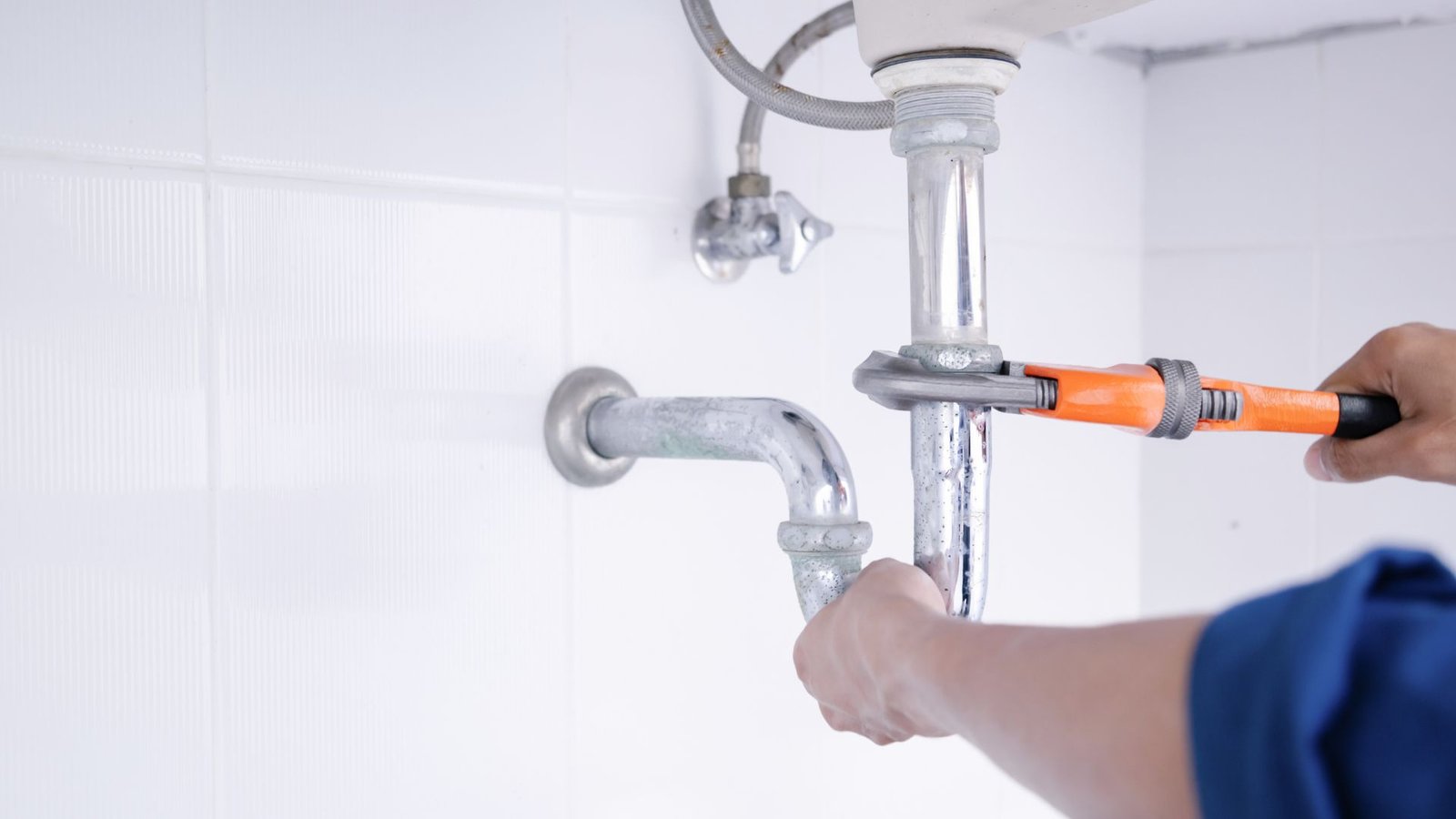Title: How to Prevent Plumbing Emergencies (and Save Stress & Money)
No one wants a plumbing crisis — but many emergencies can be prevented with a little foresight. In this post, we’ll share actionable preventative strategies to reduce your risk of plumbing failure. Pair it with Blog 1 (what emergencies look like) and Blog 2 (how to pick a good plumber), and you’ve got a full resource toolkit.
Why Prevention Beats Panic
- Preventative care costs significantly less than emergency repairs
- You protect your home’s structure, flooring, and finishes
- You save time, stress, and interruptions
- Emergency plumbing calls can be avoided with regular checks
Let’s dig into what you can do before disaster strikes.
Proactive Plumbing Checks You Can Do Quarterly
| Task | Why It Helps | What to Do |
|---|---|---|
| Inspect exposed pipes | Spot corrosion, leaks, or wear | Look under sinks, in basements, crawl spaces |
| Test shut-off valves | Prevent stuck valves in emergencies | Turn each valve off/on — if stuck, service it |
| Clean out drain strainers | Reduce clogs from hair, debris | Clean kitchen sink, shower, tubs |
| Flush water heater (if possible) | Prevent sediment buildup | Drain a small amount from the bottom |
| Check water pressure | Avoid stress on pipes | Use a gauge — if > 80 psi, install regulator |
These checks take a few minutes and can reduce future plumbing drama.
Seasonal and Climate-Based Measures
Winter (or Cold Weather Readiness)
- Insulate exposed pipes
- Let faucet drip in freezing nights
- Keep garage doors closed if pipes run through
Summer & Rain Seasons
- Clear gutters and downspouts
- Watch for overgrown roots near sewer lines (can infiltrate)
- Avoid planting large trees right next to pipe lines
Aligning prevention with seasonal risks helps your system stay strong all year.
Common Mistakes That Lead to Emergencies
- Flushing non-flushable items (wipes, feminine products)
- Pouring grease or oil down kitchen drains
- Ignoring minor leaks or drips
- Postponing repair or maintenance work
- Using harsh chemical drain cleaners regularly (can degrade pipes)
By avoiding these habits, you reduce stress on plumbing and lower the chance of failure.
When to Schedule Professional Maintenance
While many tasks are DIY-friendly, some are best done by pros:
- High-pressure drain cleaning or hydro-jetting
- Sewer line camera inspections
- Water heater full maintenance or part replacement
- Leak detection behind walls or in slabs
You can coordinate regular visits from reliable emergency plumbing services (like those in Brentwood) to stay ahead of issues.
When prevention isn’t enough, those same trusted providers can step in. Visit Emergency Plumbing Services in Brentwood, CA or contact them when needed.
Putting It Into a Realistic Home Strategy
- Create a “plumbing plan” for your home (map pipes, know shut-offs).
- Set reminders (quarterly, semiannual) for inspections.
- Keep a basic plumbing kit: gloves, tape, small wrench, bucket, flashlight.
- Save trusted plumber numbers — especially emergency lines.
- Watch for warning signs (slow drains, drips, rust, stains) and act early.
By weaving in these small habits, you can dramatically lower plumbing headaches over your home’s life.
Final Thoughts
No homeowner wants to fight bursts, leaks, or backups—but many emergencies can be kept at bay with a little effort and the right mindset. Use Blog 1 to know what emergencies look like, Blog 2 to know who to trust when they happen, and Blog 3 to reduce the chances of them happening at all. If you ever need professional help in Brentwood, check their emergency services page or contact them directly.



